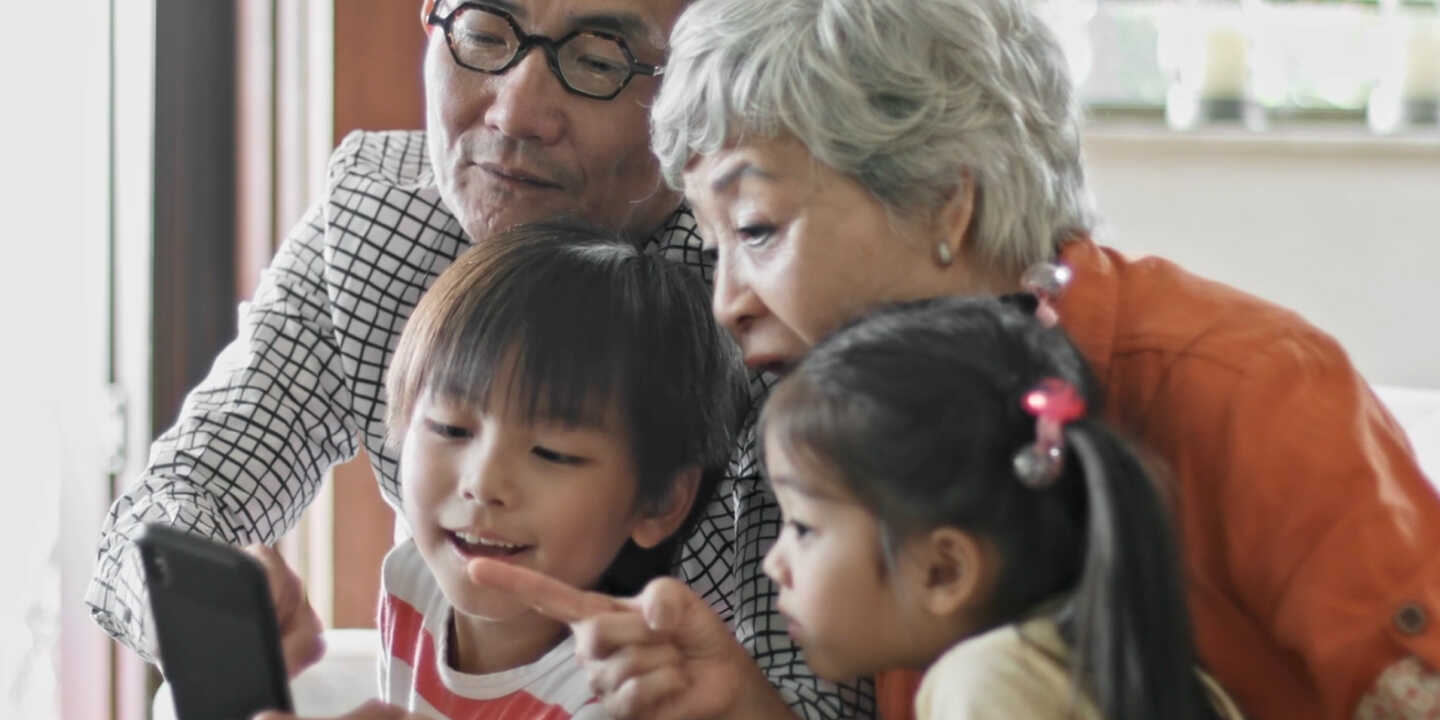近年亮相於多部大片,包括 Ocean’s Eight《 盜海豪情︰8美千嬌》、Crazy Rich Asians《我的超豪男友》,以及為她贏得金球獎最佳女主角的 Farewell《別告訴她》,Awkwafina 可算是目前最炙手可熱的文化代表人物。她生於紐約,有一對華裔和韓裔父母,還到過北京,學習了兩年普通話,並在Farewell《別告訴她》一片中顯露無遺。她飾演 Billi,一位年輕的美國作家。她發現居住在中國的祖母得了絕症,但家人又不准許她向祖母透露。以下有 Laura de Belgique - The China Current 首位特約編輯 - 為大家講述這個故事。
對你來說,這是一部喜劇還是劇情片?
我會形容Farewell《別告訴她》是一部會讓人沉思的喜劇。故事優美地呈現細緻的對比與深厚的感情,用輕輕的幽默手法處理。有一幕讓人印象深刻,女主角 Billi 與祖母(奶奶):祖母嘗試向Billi 解釋長大了之後有人照顧她的好處,但同時間作為一個女性亦要自力更新,學會獨立。
我們討論一下Billi 的身份。她是在美國出生的華裔,置身於成長的文化環境與祖先的傳統文化之間。在祖母患病的過程之中,為她帶來了甚麼問題?而家人決定不向祖母透露病情,又有甚麼沖擊?
Farewell《別告訴她》巧妙地描繪亞洲裔美國人「異鄉情」的掙扎,不論是何時何地,特別當家庭群體觀念與西方個人傳統發生衝突的時候。
換你的個人角度,你曾經在中國生活、求學和工作,作為現代年輕的中國人的掙扎又是甚麼?與其他地方的年輕人有甚麼分別?
年輕人不管生活在甚麼地方,不論你活在中國、美國或歐洲,大家面對的掙扎都是一樣,大家也嚮往相同的事物。不過在片中,透過細緻的刻劃道出生活在中國的意義,講及的都是一些十分仔細的事情。因為不可以揭露祖母的病情,家人其實是背負起照顧祖母的責任。在他們心目中這就是盡了作為家人的責任。為祖母擔當,西方人可能就會不明所以。雖然我不認為家庭觀念和習俗是中國人或亞洲人獨有,不過我相信在中國,家庭依然是中國社會中最重要的單位。本片所述的,中國人生活方方面面依然與父母、宗族有很大關連。
最後想談談這一幕:整個家族所有成員圍坐在餐桌旁邊,祖母就好像大家的中心,但是有老有幼、不同輩份的人坐在一起。你有甚麼感想?
我又不覺得所有焦點只落在祖母一個人身上。這裡表達家裡每個人地位都平等,那是一張圓餐桌。這一幕更強調的是彼此之間的關係。祖母和孫女Billi 的關係才是重點,這個手法更好的突出了年輕人和上一代的對比,同時又存在著很深厚的情感。
You've seen in her in Ocean's Eight, Crazy Rich Asians, and The Farewell - for which she won a Best Actress Golden Globe. Awkwafina is probably the most exciting cultural figure today. Born in New York, she has Chinese-Korean parents, and studied Mandarin for two years in Beijing. That ability to speak Chinese is demonstrated in The Farewell, in which she plays Billi, a young American writer - who finds out that her grandmother in China is dying - but is told by her family not to tell her. To tell us that story is Laura de Belgique, and I'm very pleased to welcome her as our first contributing editor at The China Current.
For you, was it more comedy, or was it more drama?
I would describe The Farewell as a very truthful drama and gentle comedy. It really beautifully combines nuanced contrast and emotional depth, all made with subtle humour. For example, there is a very powerful scene of Billy, the main character, and her grandmother Nainai, where Nainai explains to Billi how on one hand, as you grow older, it is good to have someone that takes care of you. But on the other hand, a woman should be self-sufficient and independent.
Let's talk about Billi more because she is an American-born Chinese, who's caught up between the culture of her home and the culture of her ancestors. How does that reveal itself through the illness that her grandmother, her nainai, is going through? And the decision that the family has made not to tell her that she's sick?
The Farewell really skilfully navigates the way Asian-Americans struggle with their own foreignness, wherever they go, and especially with a notion of collectiveness that runs almost counter to western heritage.
Now speaking about the film in a different context, through a personal lens: you've lived, studied, and worked in China. What does it mean to be a modern young Chinese today? Are they any different to young people everywhere else?
Being young is everywhere the same, and I think it doesn't matter whether you're in China or in the US or in Europe, it is all the same way. We have the same struggles, we enjoy the same things. But in this movie, I think they really handle the small details of what it means to be living in China. It all comes down to small details. By not telling that grandmother that she's sick, they're actually taking responsibility for her, and in the family's eyes, it is the family's duty to carry her burden. And I think that is a concept that is very hard for Westerners to understand. I don't believe that the concept and the practice of family is exclusive to Chinese or Asians. I do however believe that in China, family has long been and still is a key component within Chinese society. And as portrayed in this movie, many aspects of Chinese life are still tied to parents and ancestors.
Let's finish with this because that scene where the whole family is gathered around the dining table is very special, with nainai very much the focus or the attention, but different generations together. What do you take from that?
I don't think it really brings all the attention to nainai. I think it's all equal, all members because it's also a round table. And I think, here in that particular case, I think it really emphasizes more the relationship, the important relationship, that exists between nainai and her granddaughter, Billi. In that way, this is a great way of comparing, contrasting the younger and the older generation and also to show the strong bond that exists between the two.

